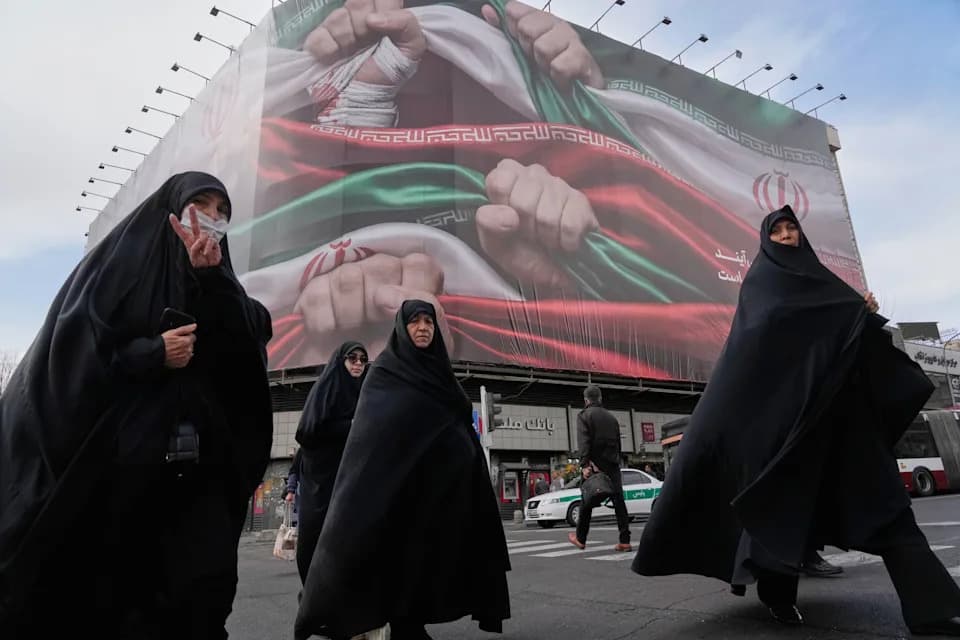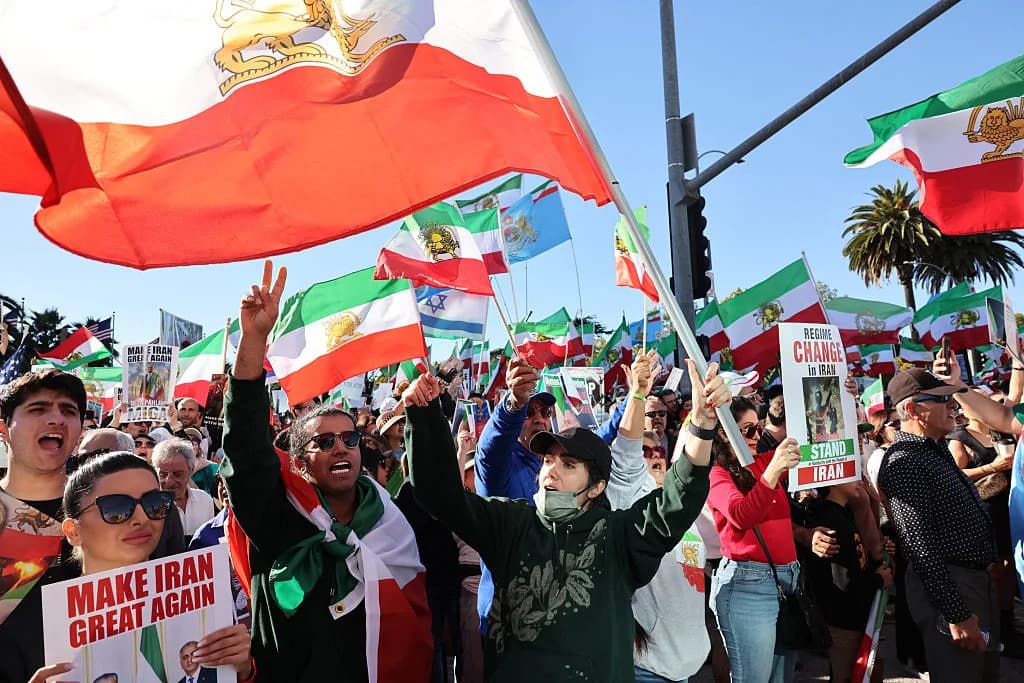At 9:12 a.m. GMT, Iranians held ceremonies marking the 1979 seizure of the U.S. embassy in Tehran, a pivotal event in Iran–U.S. relations. The anniversary observances occurred amid heightened regional tensions and recent confrontations. Annual commemorations often include official statements and anti-U.S. rhetoric and can affect diplomatic dynamics. This year’s events reinforced the enduring symbolic role of the day in Iran’s political calendar.
Iranians Mark 1979 U.S. Embassy Seizure Anniversary Amid Heightened Regional Tensions — 9:12 a.m. GMT
Iranians mark anniversary of the 1979 U.S. embassy seizure
At 9:12 a.m. GMT, Iranians held commemorative events marking the 1979 seizure of the U.S. embassy in Tehran, a defining moment in post-revolutionary Iranian history. The observances took place against a backdrop of heightened regional tensions and recent confrontations between Iran, its allies and Western forces.
Historical context: On Nov. 4, 1979, Iranian students overran the U.S. embassy in Tehran, initiating the hostage crisis that lasted 444 days and reshaped U.S.-Iran relations. Each year the anniversary is used by various political groups and state institutions to recall the episode and express criticism of U.S. policies.
This year’s ceremonies included public gatherings, official statements and symbolic gestures that underscored persistent grievances toward the United States and concerns about foreign interference. While mostly ceremonial, such events can amplify rhetoric and complicate diplomatic efforts amid ongoing regional flashpoints.
Implications: Observances like these serve both as domestic political messaging and as a reminder to international audiences of unresolved tensions. Analysts say they can influence public sentiment and diplomatic calculations, particularly when coinciding with other incidents in the region.
Help us improve.


































